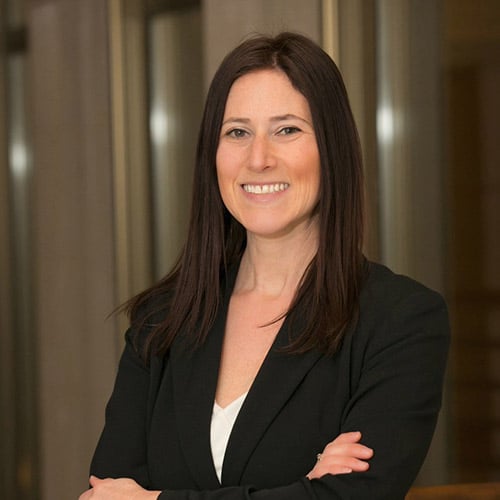Filing for Bankruptcy is an unknown process that can be slightly scary and difficult to go through. Understanding the steps in Bankruptcy can alleviate stress. One requirement every debtor must complete is to attend the meeting of creditors. This meeting is required by Section 341 of the Federal Bankruptcy Code. This meeting is scheduled by the clerk’s office after the case is filed. Usually, it will take a day after the case is filed to find out the hearing date and time.
The main purpose of this hearing is to obtain information about the case and to verify the information in the bankruptcy paperwork is complete and accurate.
This meeting is not a court hearing. A judge will not be in attendance. These meetings will be recorded. While it is called a meeting of creditors, it is highly unlikely that a creditor will appear. All the creditors listed in your case will receive notice of the meeting. Creditors can attend and ask questions of the debtor, but this is rare. Sometimes a creditor will attend to ask about reaffirmation paperwork or to verify if a car is insured.
Every debtor who files a case will be assigned to a bankruptcy trustee by the United States Trustee to oversee the case. This meeting gives the bankruptcy trustee a chance to ask the debtor questions under oath about their bankruptcy petition and schedules that were filed with the bankruptcy court. The main role of the trustee is to identify any assets that are not protected by exemptions or find out about any payments made before filing that the trustee is able to recover.
The debtor(s) will be asked several questions that require mostly yes or no answers. In Wisconsin, hearings are set every half hour with four hearings per half hour. The cases are called one at a time. Most hearings will take approximately 5-10 minutes per hearing. After your attorney verifies your identity with your ID and social security card then the trustee will begin their questioning of your case.
Due to the COVID-19 pandemic all hearings are conducted telephonically with a call-in number and passcode. Some districts are using video conferencing technology to conduct the hearings.
Below are some sample questions the trustee will ask during the hearing:
- Did you review your bankruptcy schedules prior to signing them?
- Are your bankruptcy schedules accurate and cored?
- Do you have any changes to your schedules?
- Are you still living at the same address?
- Have you ever filed bankruptcy before?
- Do you have a domestic support obligation?
- Have you lived in Wisconsin for at least two years?
- Did you list all of your assets and all of your debts?
- How did you value your home?
- Do you have any claims against anyone?
- Have you been in an accident where you have sustained injuries in the past 2 years?
- Are you entitled to an inheritance?
- Have you transferred or sold any of your assets in the past 2 years?
- Have you given money to family members in the past 1 year?
- Have you read the bankruptcy information sheet, and do you have questions about it?
After the trustee finishes questioning the debtor, he or she will thank the debtor for their time and wish them good luck. If the second credit counseling course has been taken and filed with the court, there is no other work for the debtor to complete. Most debtors will feel their fresh start has arrived even though they are waiting for the official discharge from the court.
Attorney Shari Lynn Stevens has worked extensively with residents of Northeastern Wisconsin to secure their financial freedom through filing Chapter 7 and Chapter 13 bankruptcies. She also advocates and represents disabled clients in their Social Security disability claims.



